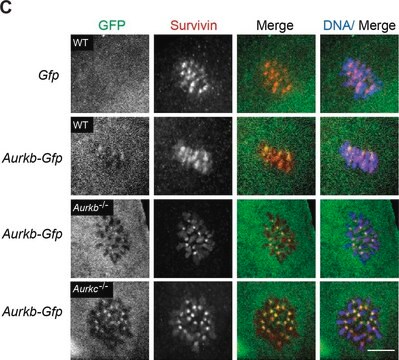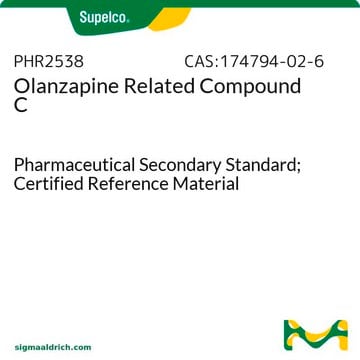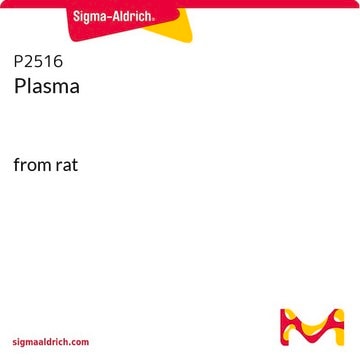General description
Angiogenin (UniProt: P21570; also known as EC: 3.3.27.-, Angiogenin-1, Ribonuclease 5, RNase 5) is encoded by the Ang (also known as Ang1, Rnase5, Rnase5a) gene (Gene ID: 11727) in murine species. Angiogenin is a homodimeric protein that belongs to the pancreatic ribonuclease family. It is synthesized with a signal peptide (aa 1-24), which is subsequently cleaved off. Angiogenin binds to actin on the surface of endothelial cells and is rapidly endocytosed and translocated to the nucleus where it accumulates in the nucleolus and binds to DNA. Its nuclear localization signal is located in amino acids 55-59. Angiogenin induces vascularization of normal and malignant tissues and its activity is regulated by interaction with RNH1 in vivo. The growth stimulatory functions of Angiogenin are mediated through rRNA transcription. It stimulates ribosomal RNA synthesis including that containing the initiation site sequences of 45S rRNA. It cleaves tRNA within anticodon loops to produce tRNA-derived stress-induced fragments (tiRNAs), which inhibit protein synthesis and triggers the assembly of stress granules (SGs). Under stress, Angiogenin is translocated to SGs and mediates the production of tRNA-derived stress-induced small RNA (tiRNA); which enhance cellular survival by simultaneously suppressing global protein translation, saving anabolic energy, and permitting internal ribosomal entry sequence (IRES)-mediated protein translation of anti-apoptotic genes.
Specificity
Clone C527 detects Angiogenin in murine cells.
Immunogen
Full length recombinant murine Angiogenin.
Application
Anti-Angiogenin, clone C527, Cat. No. MABC1111, is a mouse monoclonal antibody that detects Angiogenin and has been tested for use in ELISA, Immunofluorescence, and Western Blotting.
Immunofluorescence Analysis: A representative lot detected Angiogenin in Immunofluorescence applications (Goncalves, K.A., et. al. (2016). Cell. 166(4):894-906).
ELISA Analysis: A representative lot detected Angiogenin in ELISA applications (Goncalves, K.A., et. al. (2016). Cell. 166(4):894-906).
Research Category
Apoptosis & Cancer
Quality
Evaluated by Western Blotting with recombinant mouse angiogenin.
Western Blotting Analysis: 4 µg/mL of this antibody detected recombinant mouse angiogenin.
Target description
~16 kDa observed; 16.23 kDa calculated. Uncharacterized bands may be observed in some lysate(s).
Physical form
Format: Purified
Protein G purified
Purified mouse monoclonal antibody IgG2b in buffer containing 0.1 M Tris-Glycine (pH 7.4), 150 mM NaCl with 0.05% sodium azide.
Storage and Stability
Stable for 1 year at 2-8°C from date of receipt.
Other Notes
Concentration: Please refer to lot specific datasheet.
Disclaimer
Unless otherwise stated in our catalog or other company documentation accompanying the product(s), our products are intended for research use only and are not to be used for any other purpose, which includes but is not limited to, unauthorized commercial uses, in vitro diagnostic uses, ex vivo or in vivo therapeutic uses or any type of consumption or application to humans or animals.








